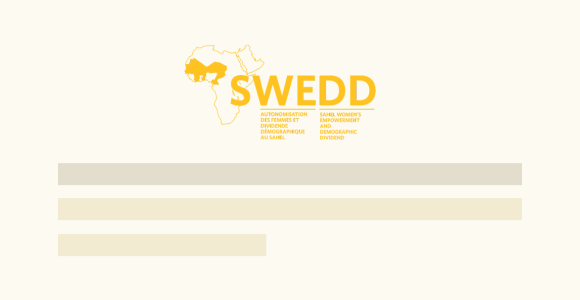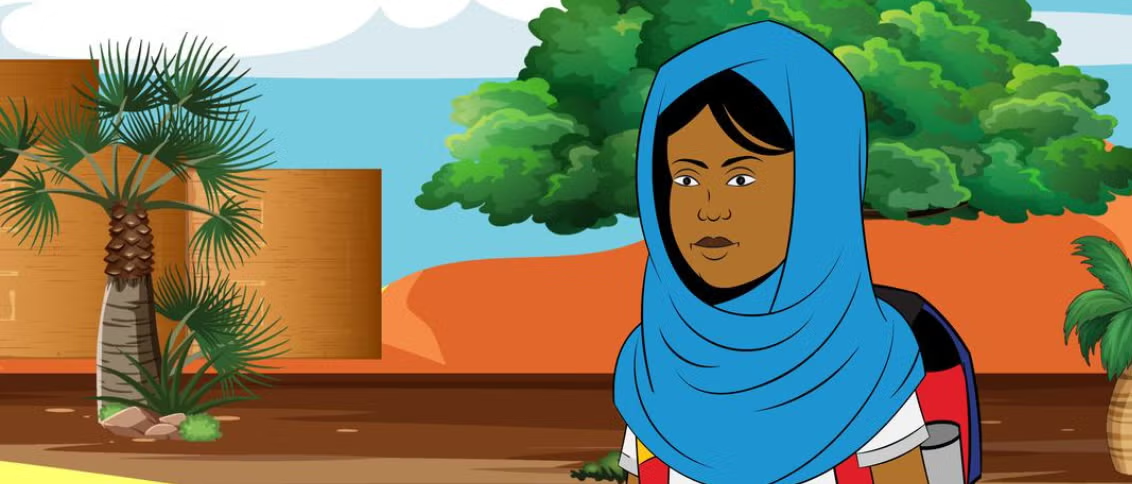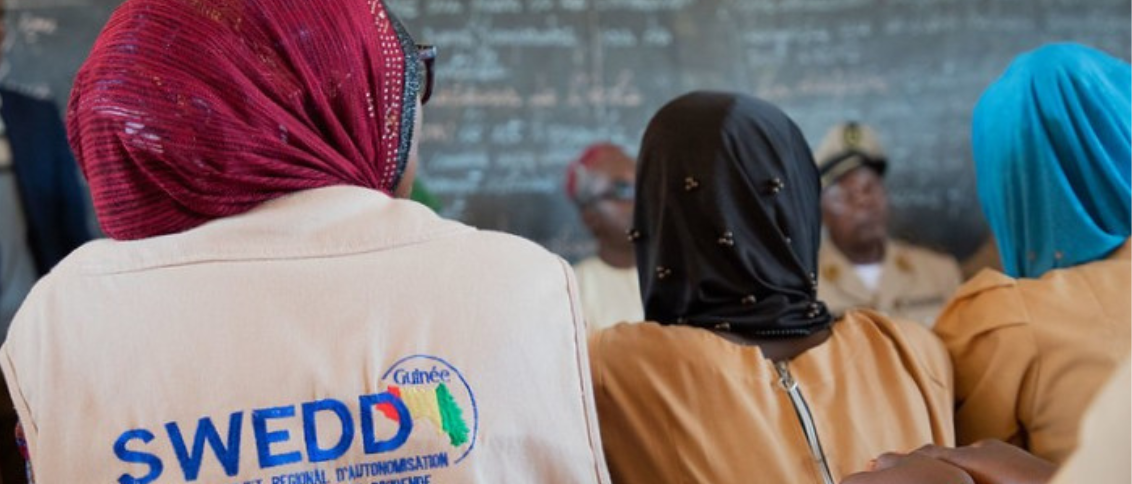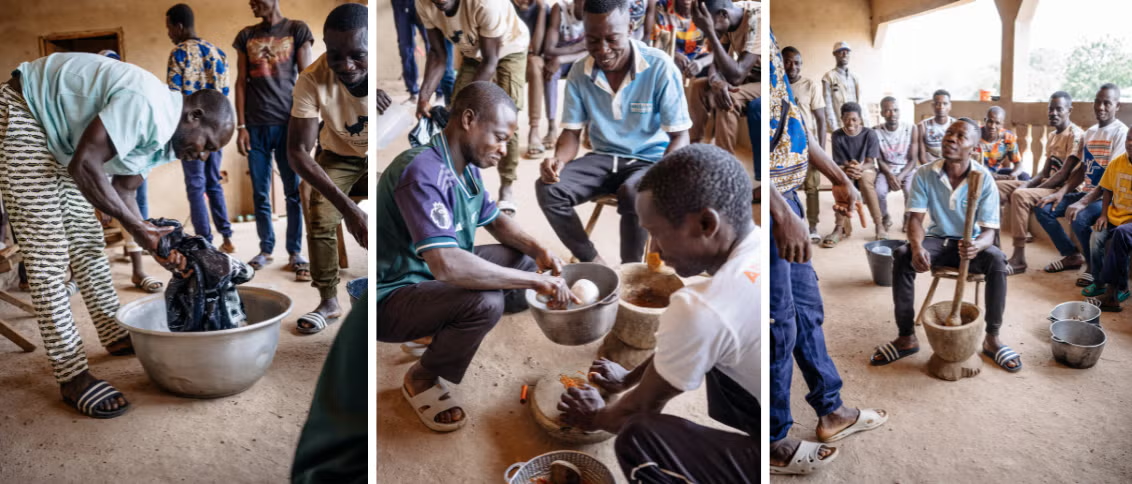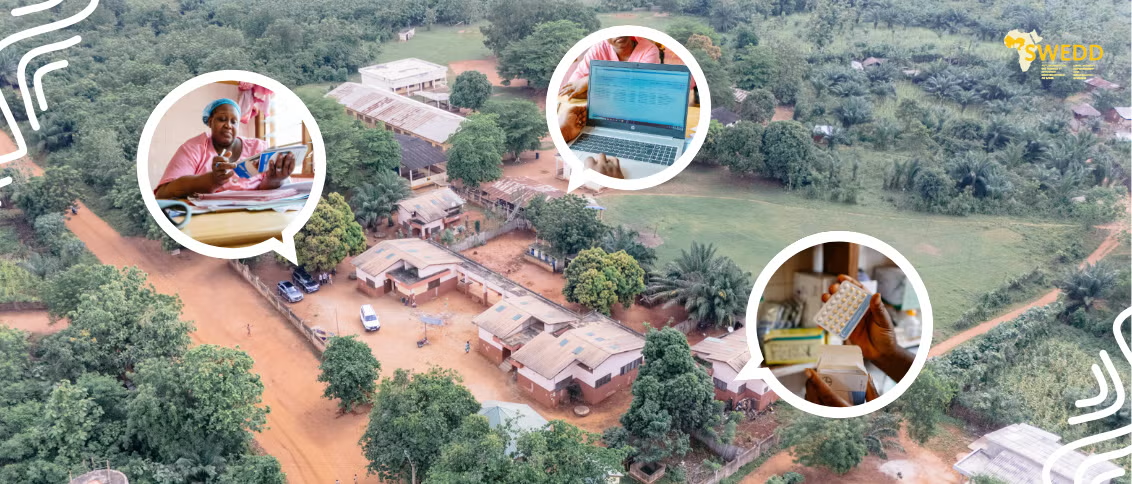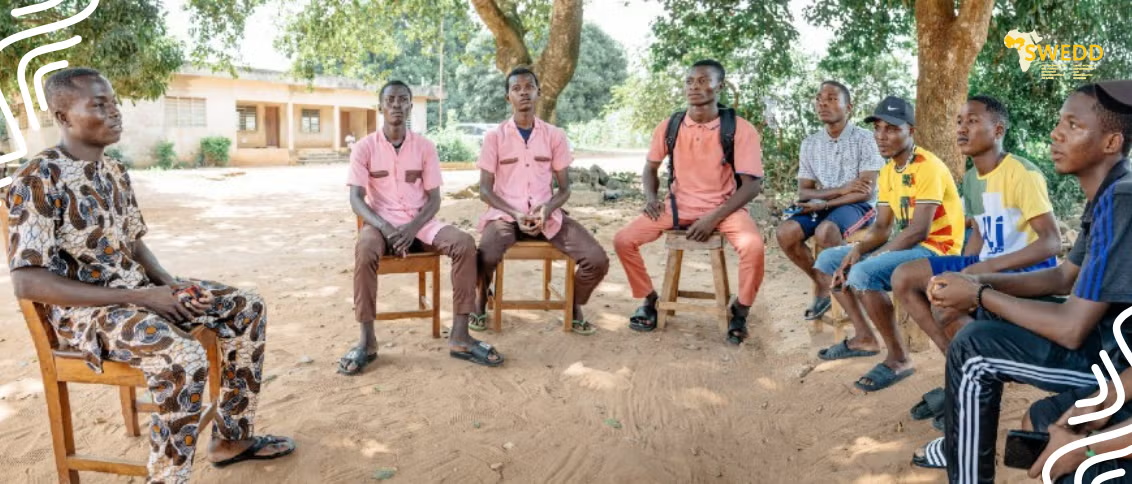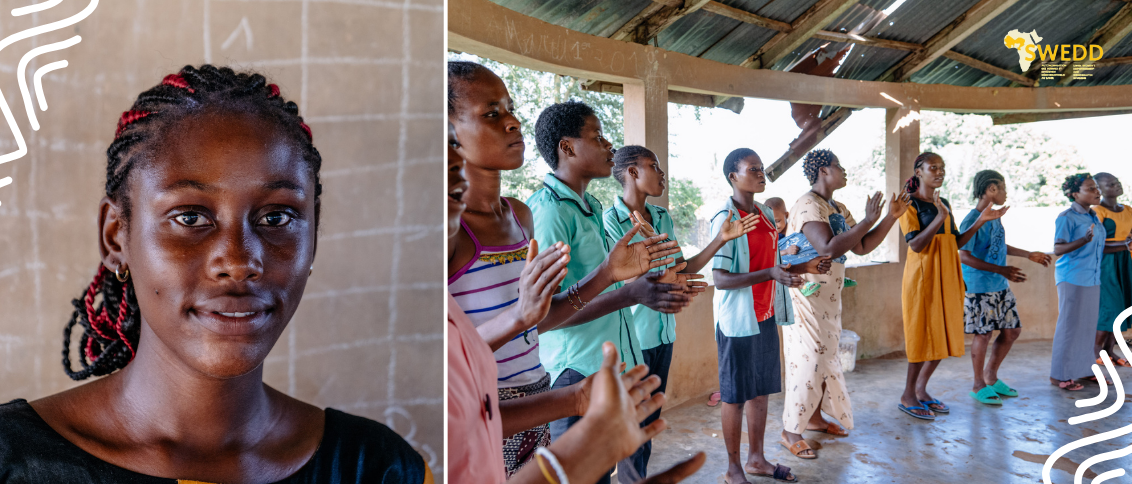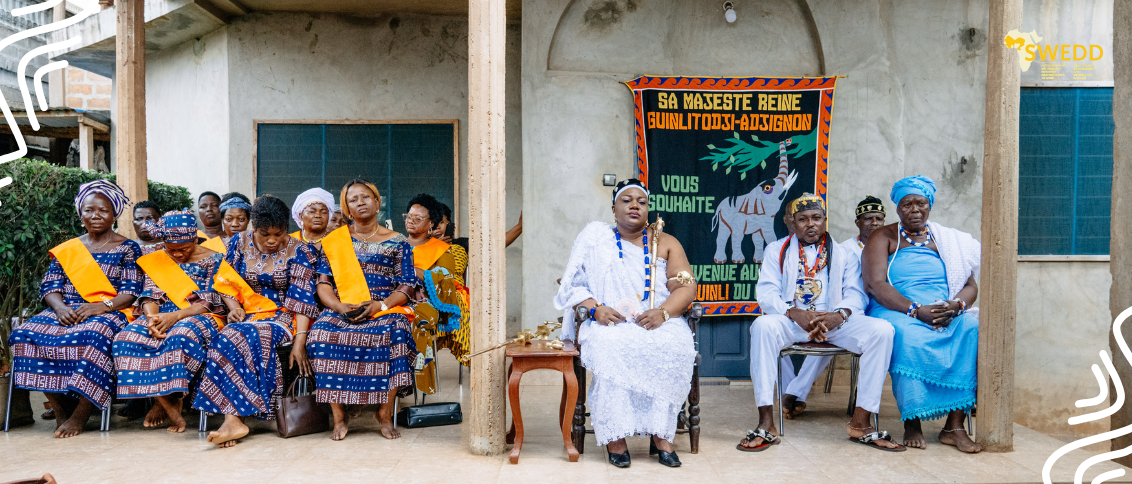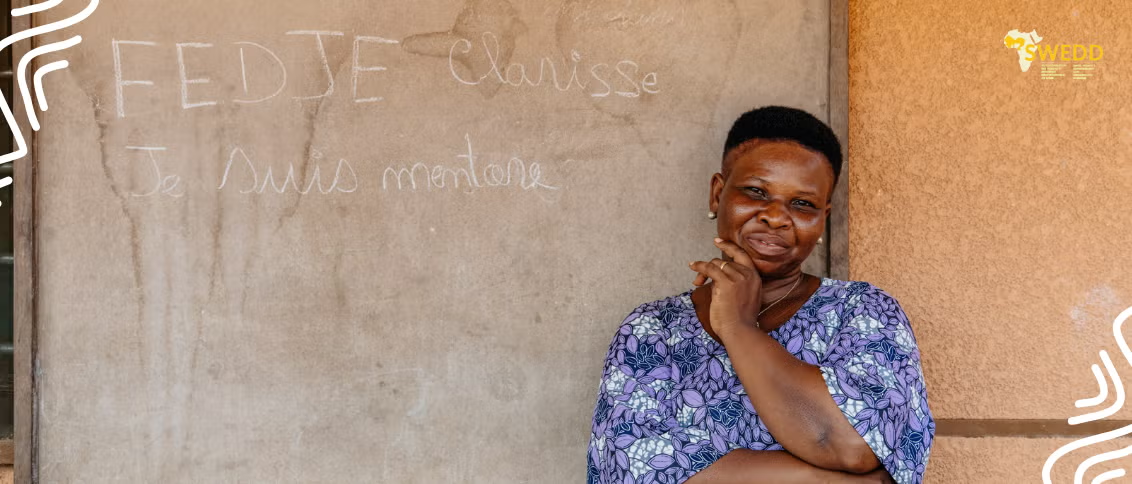

NEWS
In Guinea, 99.66% of girls stayed in school — and out of child marriage
01 April 2025

DOGOMET, Guinea — In 2024, a quiet revolution took root in Guinea’s classrooms. That year, an astonishing 99.66% of girls enrolled in school remained in class, blowing past the initial forecast of 80%. The driving force? The SWEDD project — a regional effort that has transformed the futures of over 105,000 girls in Guinea alone.
Through a combination of school kits, food scholarships, mentoring, and life skills education, SWEDD has tackled some of the most stubborn barriers to girls’ education. In the town of Dogomet, nestled some 470 kilometers from Conakry, the numbers tell a story of extraordinary progress. For one young woman, her journey encapsulates both the struggles and the promise of this transformation.
At just 15 years old, Kadiatou Barry was married off and sent across the border to Nigeria — a consequence of deep financial strain and entrenched social norms. “I was forced to marry because of financial problems,” she recalls quietly. “I had no choice. I was sent very far from my family, from my country.”
For Kadiatou, the marriage meant more than a physical relocation — it signaled the abrupt end of her education and the loss of control over her own life. “I wanted to continue my studies, but my husband refused,” she says. Desperate for change, she escaped. Alone, she crossed the border back into Guinea and hid at her aunt’s house, dodging both legal scrutiny and family pressure.
A local NGO, working in partnership with the SWEDD project, found Kadiatou and enrolled her in a program tailored to girls like her: those pushed to the margins but still burning with ambition.
Today, at 18, Kadiatou is back at Dogomet Middle School, standing proudly at morning assembly beneath the rising flag. She receives school supplies, hygiene kits, food grants, and even psychological support. “Returning to school after all I’ve been through is tough,” she admits. “But I’m happy to learn again. I dream of becoming a doctor — to help women like me.”
For her mother, Fatoumata Sow she regrets thinking marriage was her only option. “Now, my daughter has a real chance for a brighter future,” she said.
A model for the region
Kadiatou’s story is just one of thousands reshaped by SWEDD, a $680 million World Bank-backed initiative that has been active since 2015 with UNFPA’s technical assistance, across nine countries in West and Central Africa, including Benin, Burkina Faso, Cameroon, Chad, Côte d’Ivoire, Guinea, Mali, Mauritania, and Niger.
Designed to empower adolescent girls and young women, SWEDD has supported:
- 105,703 girls in Guinea through performance incentives, school materials, bicycles, and training in life skills;
- The training of 1,090 religious and community leaders, helping shift attitudes at the grassroots level;
- Community mobilization that re-engaged girls who had dropped out for two or more years;
- A growing movement toward policy reform, legal alignment, and regional cooperation through ECOWAS and ECCAS.
Building a new chapter
Across West and Central Africa, 16 million adolescent girls are still out of school. Many are married before 18. The economic cost is staggering: every additional year of schooling can boost a girl’s future earnings by 14%, but that potential remains untapped.
To address this, the SWEDD+ project launched in 2023, bringing an additional $365 million and expanding the initiative to Senegal, The Gambia, Togo, and new regions in Burkina Faso and Chad. It aims to reach 2 million more girls, equip them with future-ready skills, and harmonize policy efforts across borders to create long-term change.
